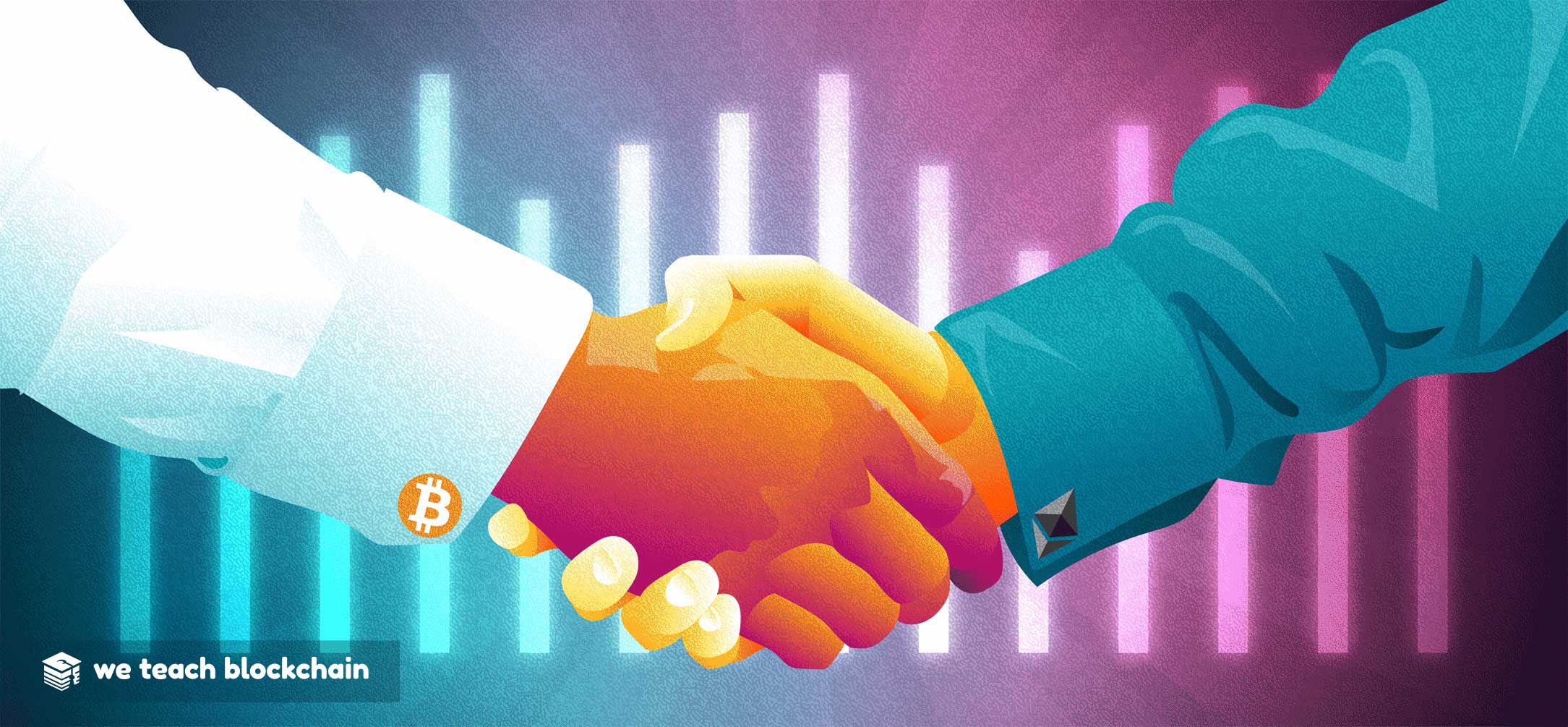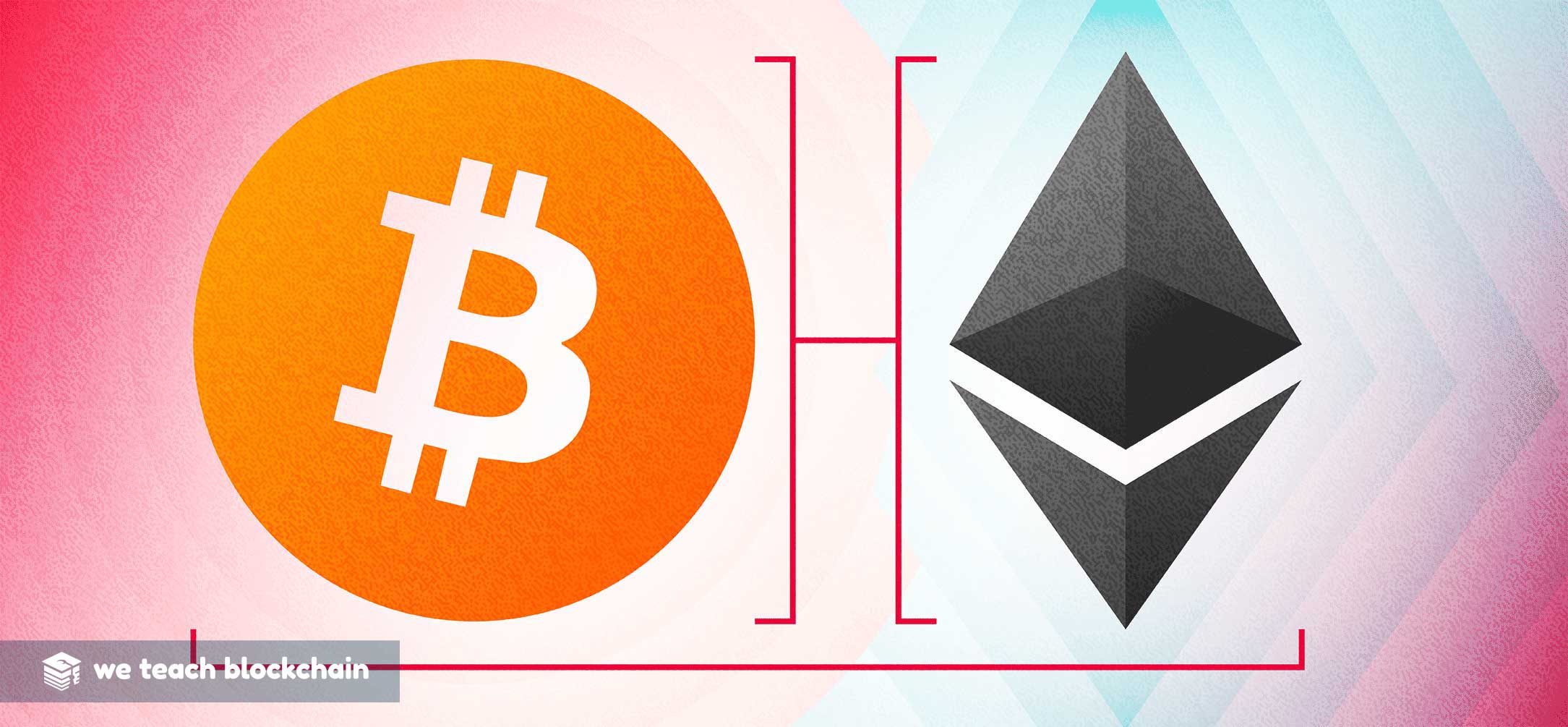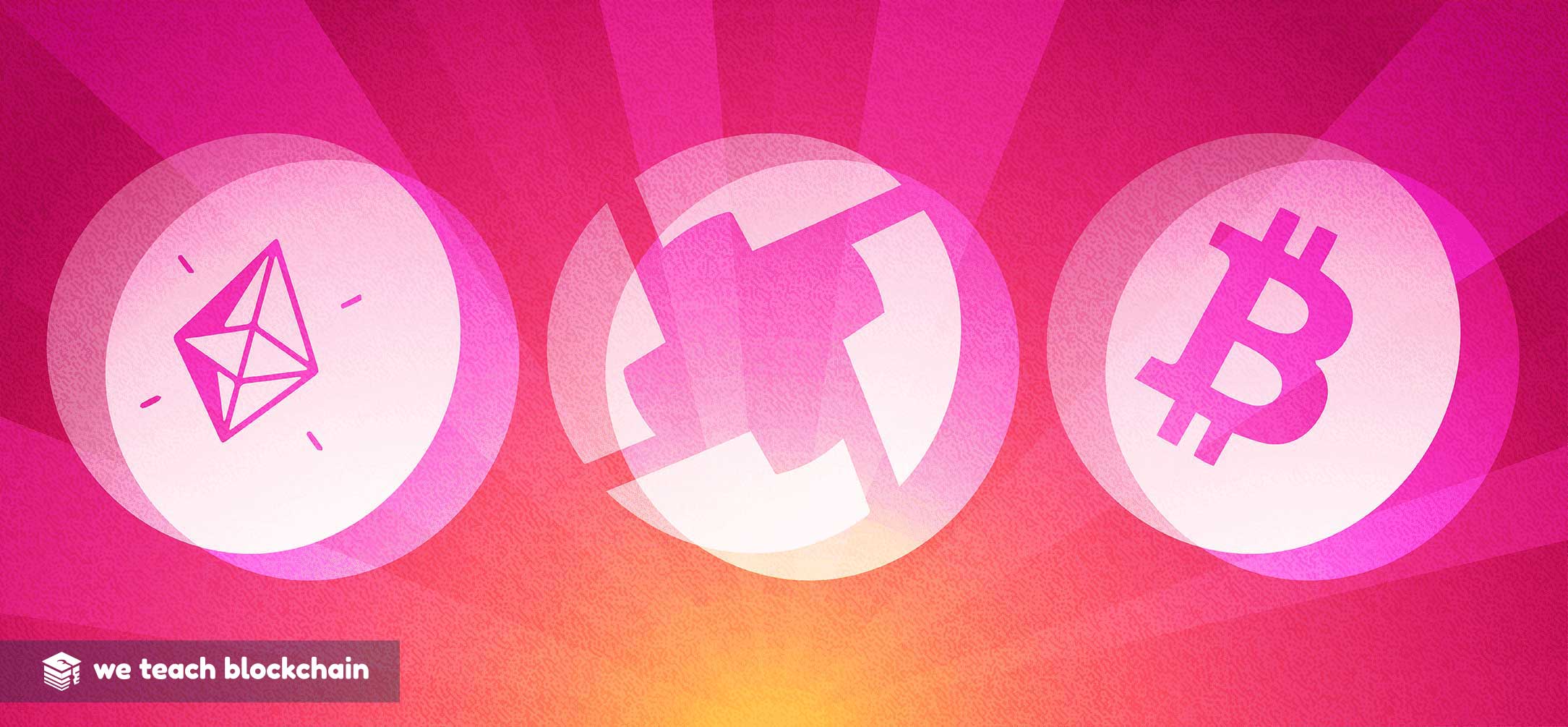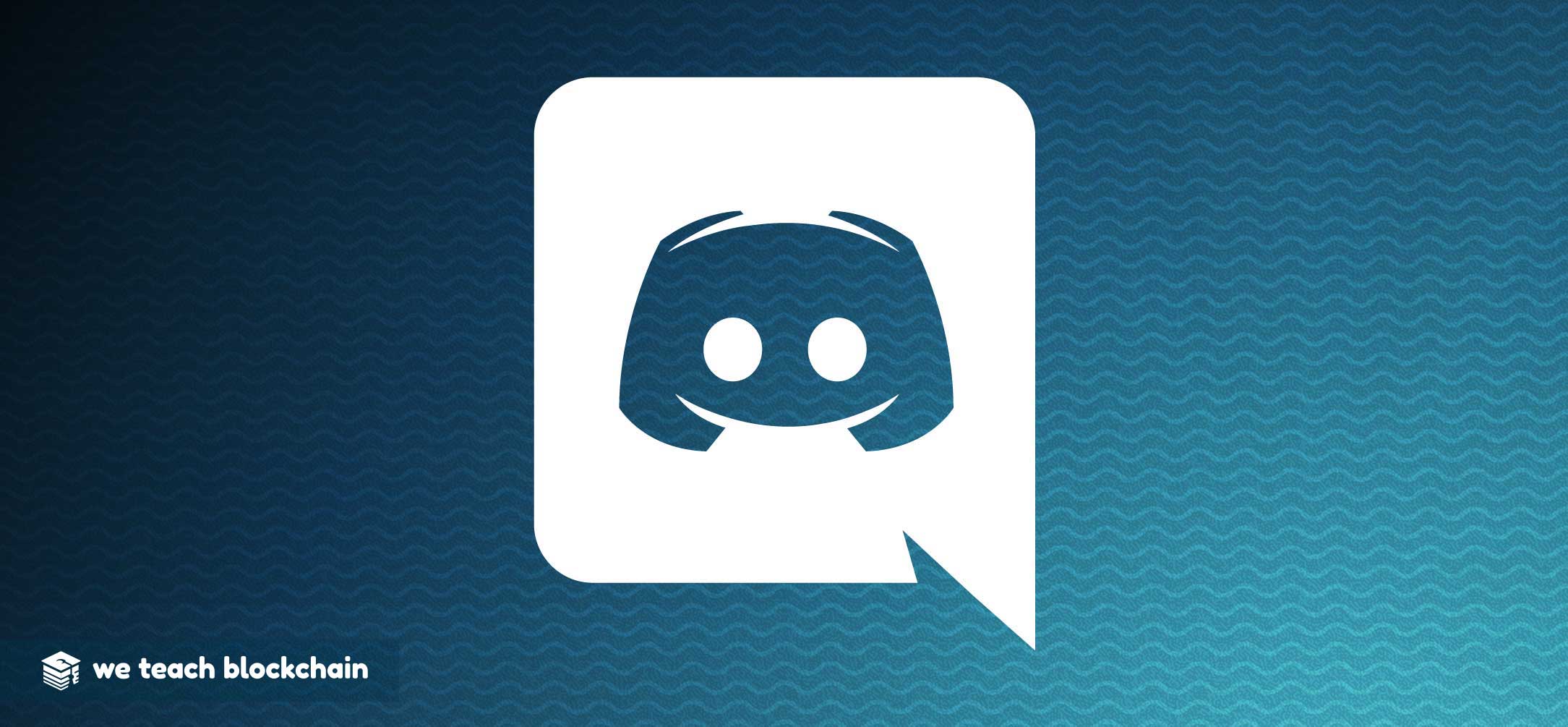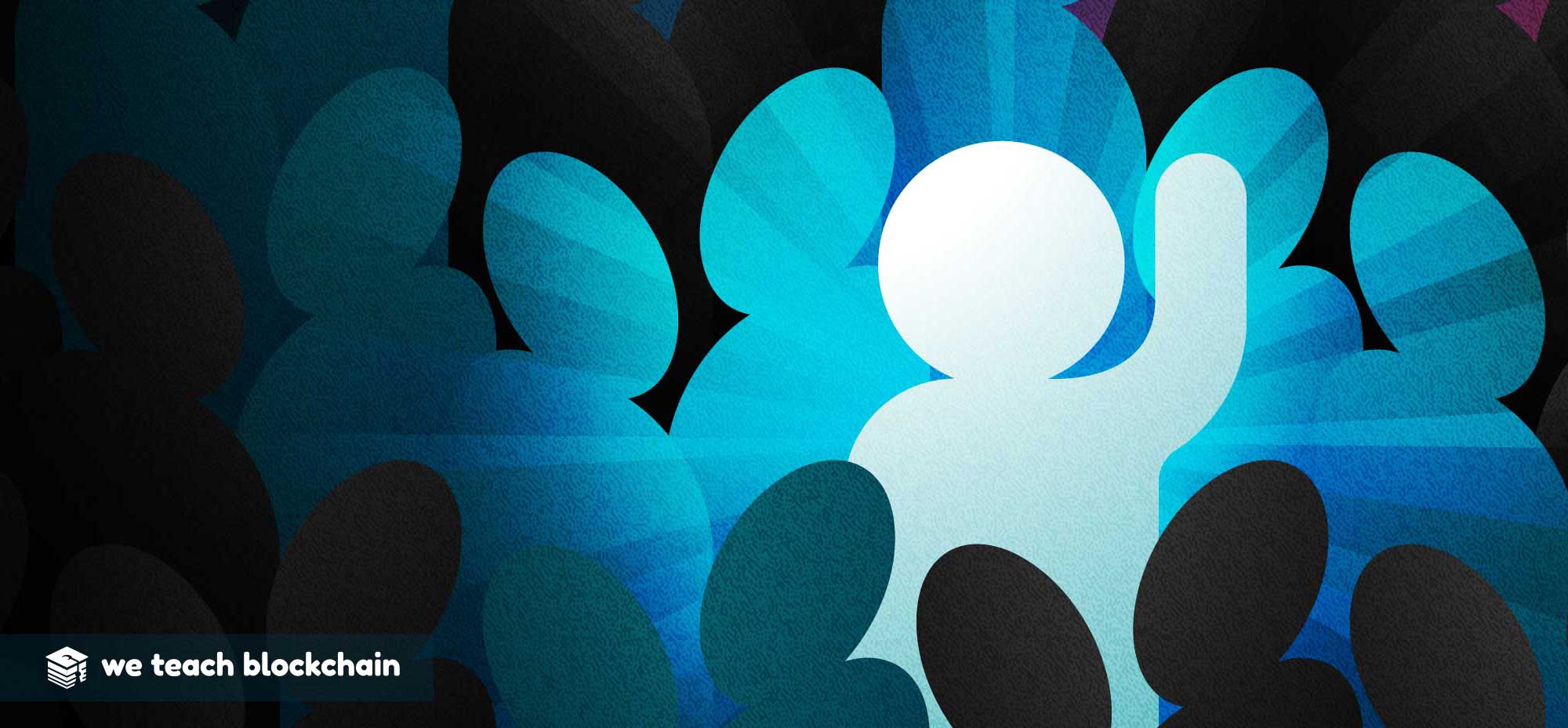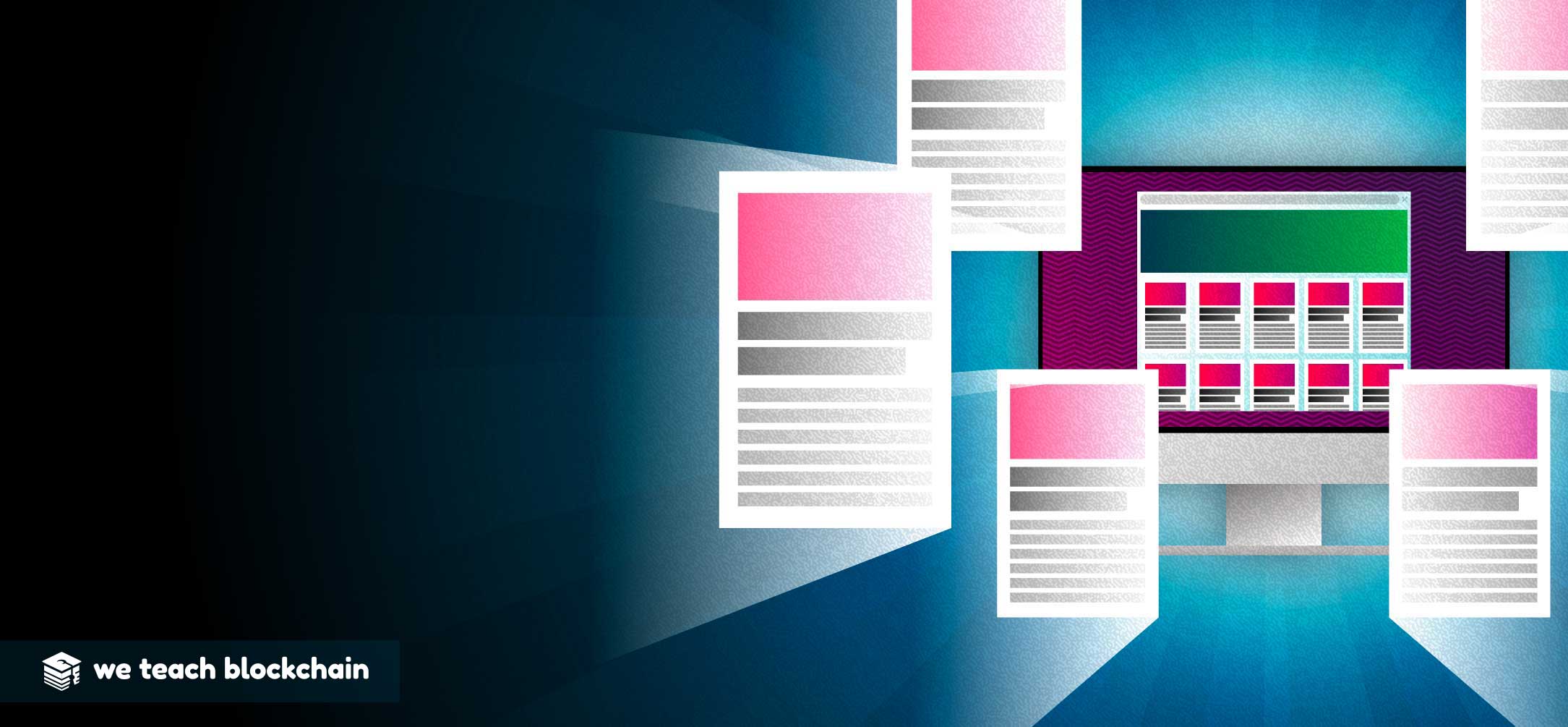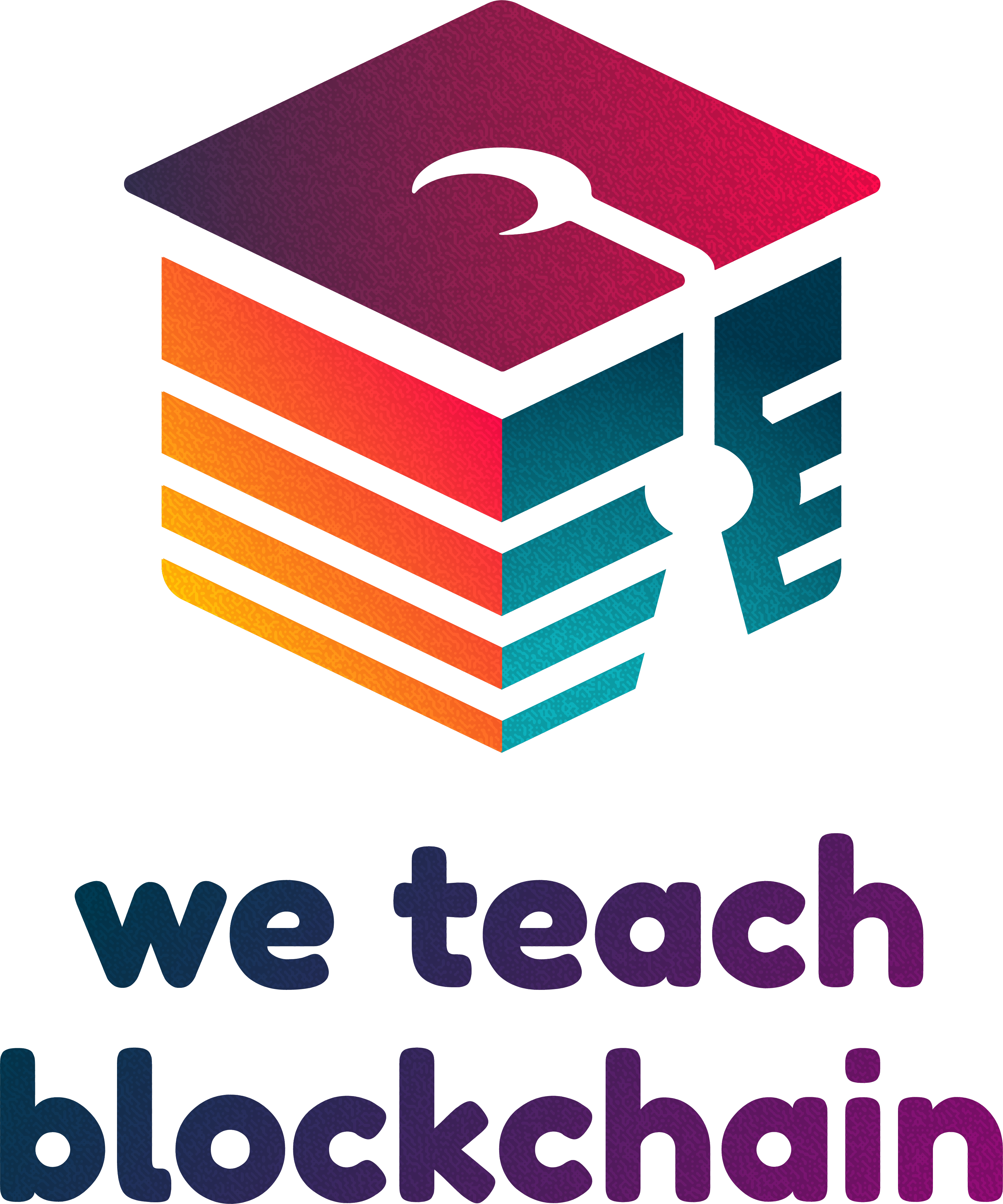What are QR Codes?
Incorporating The Physical Into Digital Life
Our physical and digital worlds are becoming more and more intertwined. The wide availability of fast internet for devices that can fit in our pockets has opened a world of possibilities. Previously computers were confined to one place, usually the home or office. Mobile technology’s rapid advancement allows internet access from almost anywhere.
Increasing digitization integrated with our physical world has been enabled by such advancement. From GPS navigation apps to augmented reality, there has been a steady shift towards incorporating digital technology into our daily lives. QR codes’ increasing popularity is a perfect example.
What Is A QR Code? What’s In It?
In a world where COVID is a big concern, fewer physical goods are being exchanged. Many companies have turned to digital solutions to avoid spreading the virus. A tool that allows them to do so is a QR code. QR codes, short for quick response, are scannable hyperlinks displayed around the world. In places such as Japan, they are already everywhere! You might have seen one without even noticing.
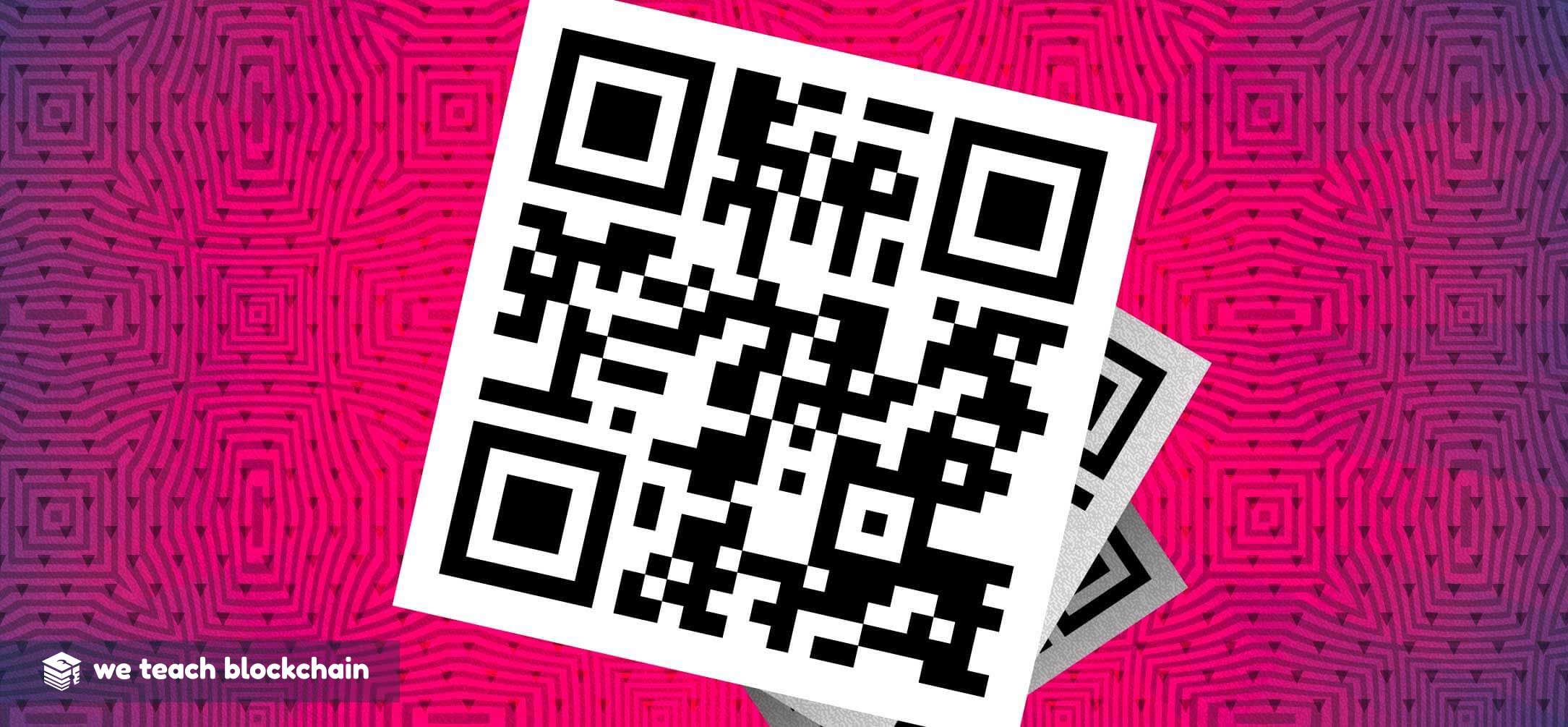
These QR codes are so common that most phones come with QR code detection via a camera. If your phone’s camera does not already have that feature, there are many specific QR code detection apps available. Simply center the QR code on your camera, and your web browser will automatically take you to the QR code’s associated link.
QR codes have proven to be better than traditional barcodes, as they can store and present a lot of information. This could be something as simple as a URL link or as complex as GPS coordinates. Our mobile internet’s advancement allows us to do more things while we’re away from our computers. QR codes allow these mobile devices to process more complex data.
How Do QR Codes Relate To Blockchains?
QR codes play an important role in the blockchain ecosystem. These codes essentially simplify a large string of data. Blockchain addresses, or public keys, are just long alphanumeric strings of data and can be represented by a QR code. Private keys can be turned into QR codes to facilitate the withdrawal or sending of funds.
Instead of typing out the address of your friend’s cryptocurrency wallet, you can simply scan a QR code displayed on the screen of their mobile device. Not only does this save a lot of time, but it will also prevent any errors that may occur when trying to manually enter the desired address. QR codes make the cryptocurrency transaction process much easier and less prone to error.
Additionally, we’re seeing QR codes used as scannable feedback tools that can send information to a blockchain. Supply chains are using these codes to track the location and state of the product they are holding. This gives companies unprecedented transparency when looking at their supply chains, as they were previously restricted by the limitations of barcodes. Some are even experimenting with sending this data straight to a blockchain that can be accessed by the different businesses that are part of the supply chain. The immutability of a blockchain combined with its transparency makes it a great tool for supply chain management, where several unrelated parties have to trust each other.
Based on their utility and growing popularity, it seems like QR codes are here to stay.
